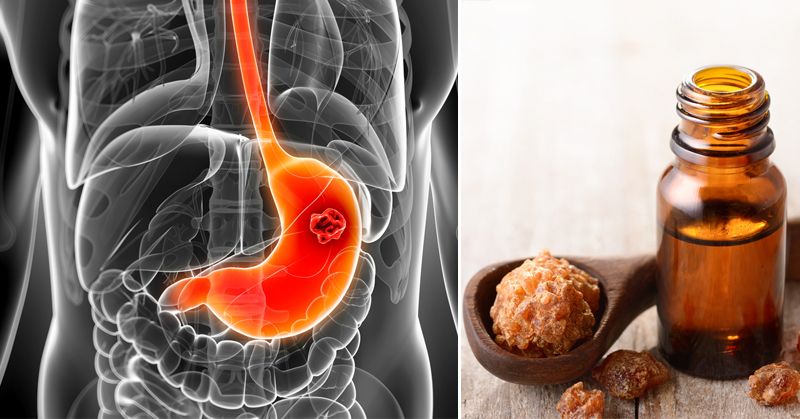Myrrh is native to Egypt and has been valued and used for centuries, since biblical times. Myrrh is mentioned 152 times in the Bible, and it was one of the three gifts given to the baby Jesus by the three wise men.
In that time, it was used as a natural remedy, spice, and a way to purify the dead. The essential oil of myrrh is extracted from resin.
It has been a popular traditional healing remedy for millennia and was commonly used in various therapies and religious ceremonies. During the history, it was used as a food flavoring, as fragrance, for embalming, as a hay fever treatment, and as an antiseptic to clean and treat wounds, and stop the bleeding.
This oil is popular until modern times, and it is commonly used to treat various ailments, mostly due to its powerful antioxidant activity and the potential anti-cancer properties.
It has a smoky, sweet or even bitter smell, and a yellowish, orange color. The word "myrrh" comes from the Arabic "murr" meaning bitter.
The main components of this essential oil are terpenoids, sesquiterpenes, alpha-pinene, cadinene, limonene, cuminaldehyde, eugenol, cresol, heerabolene, acetic acid, and formic acid.
Its two primary active compounds, terpenoids and sesquiterpenes, offer strong anti-inflammatory and antioxidant effects. Sesquiterpenes ensure our balance and keep us calm, by affecting the emotional center in the hypothalamus, and both offer amazing antibacterial and therapeutic benefits.
The myrrh essential oil has strong antimicrobial, antiseptic, immune booster, astringent, expectorant, antifungal, stomachic, anticatarrhal, diaphoretic, vulnerary, circulatory, tonic, anti-inflammatory, antispasmodic, stimulant, and carminative properties.
Here are 12 of the health benefits of myrrh oil:
Fights Infection and Inflammation
Myrrh oil has strong antibacterial, and anti-inflammatory properties. Therefore, pour a few drops to a cold compress and apply it to the affected or inflamed area.
Fights Fungal Infections
Myrrh essential oil is a powerful fungicide and can be used both, internally and externally, to fight fungal infections.
Treats Digestive Problems
This oil destroys parasites and relieves tummy troubles, like indigestion, upset stomach, and diarrhea.
Boosts Perspiration
Myrrh essential oil boosts perspiration and cleanses the skin pores and body by eliminating toxins, extra salt, and excess water.
Helps Heal Ulcers
This essential oil boosts the function of white blood cells, reduces the risk of stomach ulcers, and accelerates their healing.
Relieves Spasms
This oil relieves muscle cramps, as well as muscle and joint pain.
Helps Prevent Gum Disease
The anti-inflammatory and antibacterial properties of myrrh oil soothe gingivitis and treat mouth ulcers. Use it as a mouth rinse, and it will also fight bad breath.
Treats Hypothyroidism
Myrrh reduces the stress on an overworked thyroid and naturally reduces the symptoms of hypothyroidism.
Relieves Upper Respiratory Problems
It has powerful expectorant that eliminates phlegm and excess mucus and relieves congestion from the respiratory tract. You can inhale it or diffuse to treat common colds.
Anti-Aging
Myrrh oil has potent antioxidant properties and thus slows down the aging process and rejuvenates the skin. Before you apply it to the skin, you should dilute it with some carrier oil, like coconut, jojoba, or almond oil.
Air Freshener
To freshen up the air and add a rich fragrance, blend it with some other essential oils, like lemon, grapefruit, or bergamot oil.
The post The Essential Oil That Slows Aging, Stops Stomach Ulcers & Treats Hypothyroidism appeared first on Healthy Food Dream.

